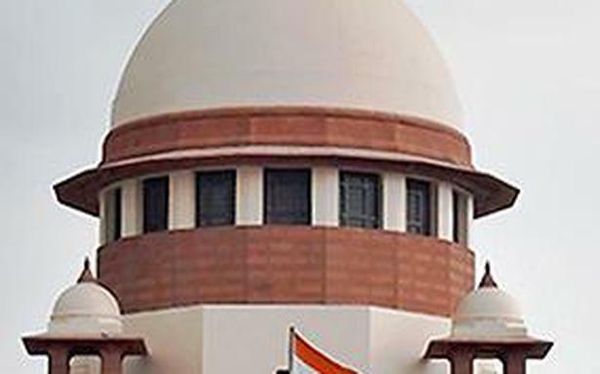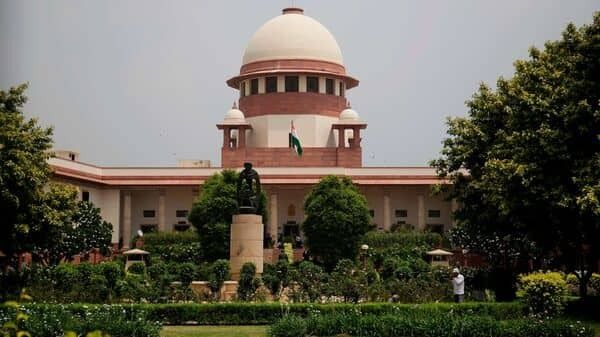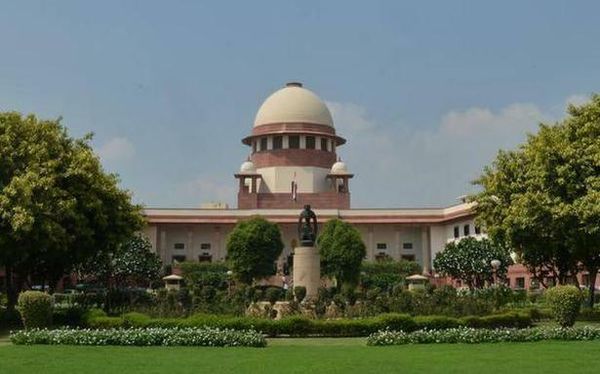The Supreme Court on Wednesday decided to hear in open court a plea seeking a review of a July 27 judgment that upheld the core amendments made to the Prevention of Money Laundering Act (PMLA).
A review Bench of Chief Justice of India N.V. Ramana, Justices Dinesh Maheshwari and C.T. Ravikumar posted the plea for oral hearing on August 25.
“The application for oral hearing is allowed. List the matter in the court on August 25, 2022,” the three judges decided after considering the review petition by circulation in their chambers. The review petition was filed by Lok Sabha member Karti Chidambaram.
The July verdict had given the government and the Enforcement Directorate virtually unbridled powers of summons, arrest, raids and made bail nearly impossible while shifting the burden of proof of innocence onto the accused rather than the prosecution.
The top court had called the PMLA a law against the “scourge of money laundering” and not a hatchet to be wielded against rival politicians and dissenters.
“This is a sui generis (unique) legislation… The Parliament enacted the Act as a result of international commitment to sternly deal with the menace of money laundering of proceeds of crime having transnational consequences and on the financial systems of the countries,” the 545-page judgment in July had highlighted.
The judgment was authored by Justices A.M. Khanwilkar, who retired shortly thereafter. Justices Maheshwari and Ravikumar were the two other judges on the original Bench. Chief Justice Ramana took the place of Justice Khanwilkar as the lead judge in the case for the purpose of review of the verdict.
The judgment was based on an extensive challenge raised against the amendments introduced to the 2002 Act by way of a Finance Act in 2019. Over 240 petitions were filed against the amendments which the challengers claimed to violate personal liberty, procedures of law and the constitutional mandate. Some of the petitioners included former Ministers Mehbooba Mufti, Anil Deshmukh and Karti Chidambaram, who all claimed that the “process itself was the punishment”.










